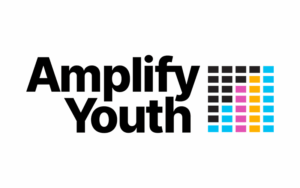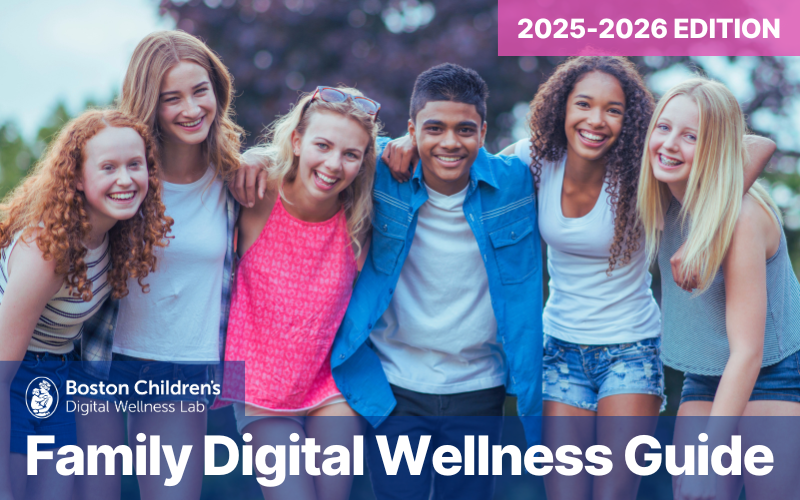Massachusetts-Specific Mental Health Resources
- NAMI Compass is the information and referral helpline at NAMI Massachusetts. They provide resources and support to help people navigate the complex mental health system and problem-solve under challenging circumstances. Available Monday through Friday, 9 am – 5 pm.
- Phone: 1-617-704-6264 or 1-800-370-9085
- Email: compass@namimass.org
National Mental Health Resources
- SAMHSA National Helpline is a confidential, free, 24-hour-a-day, 365-day-a-year information service, in English and Spanish, for individuals and family members facing mental and/or substance use disorders. This service provides referrals to local treatment facilities, support groups, and community-based organizations.
- Phone: 1-800-662-HELP (4357)
- Crisis Text Line is there for any crisis anywhere in the United States. A live, trained Crisis Counselor receives the text and responds from our secure online platform. The volunteer Crisis Counselor will help you move from a stressful moment to a cool calm.
- Phone: Text HOME to 741741
- Peer Support Warmlines are numbers people can call to get support when they feel lonely, anxious, sad, or simply need someone to talk to. Warmlines can also provide resources to callers.
- Phone Numbers:
Boston Peer Support Line: 1-877-733-7563, available Monday – Sunday, 4 – 8 pm
Western Mass Peer Support Line: 1-888-407-4515, available Monday – Thursday, 7 – 9 pm & Friday – Sunday, 7 – 10 pm
- Phone Numbers:
- The National Institute of Mental Health provides easy-to-read guides and brochures to help better understand a variety of mental health disorders.
- Depression Bipolar Support Alliance offers information and support for people dealing with mood disorders and others impacted by them.
- Phone: Call (800) 273-TALK (1-800-273-8255) or text DBSA to 741-741
- The Livewell Foundation offers online video support groups moderated by trained peer volunteers.
- HelpGuide.org is an independent nonprofit that runs one of the world’s leading mental health websites that offers articles with self-help tools for more than 21 mental health and behavioral topics.
- KidsHealth is a website that teaches teens and parents about physical and mental health, relationships, puberty, self-esteem, and more.
Media Use Resources
- The Digital Wellness Lab website includes resources and guides to inform parents and adolescents on healthy media use behaviors, current research, and more.
- The American Academy of Pediatrics website’s section on Media and Children provides recommendations, policies, and guidance to “help pediatricians understand and communicate about the impact media has on children’s lives.”







